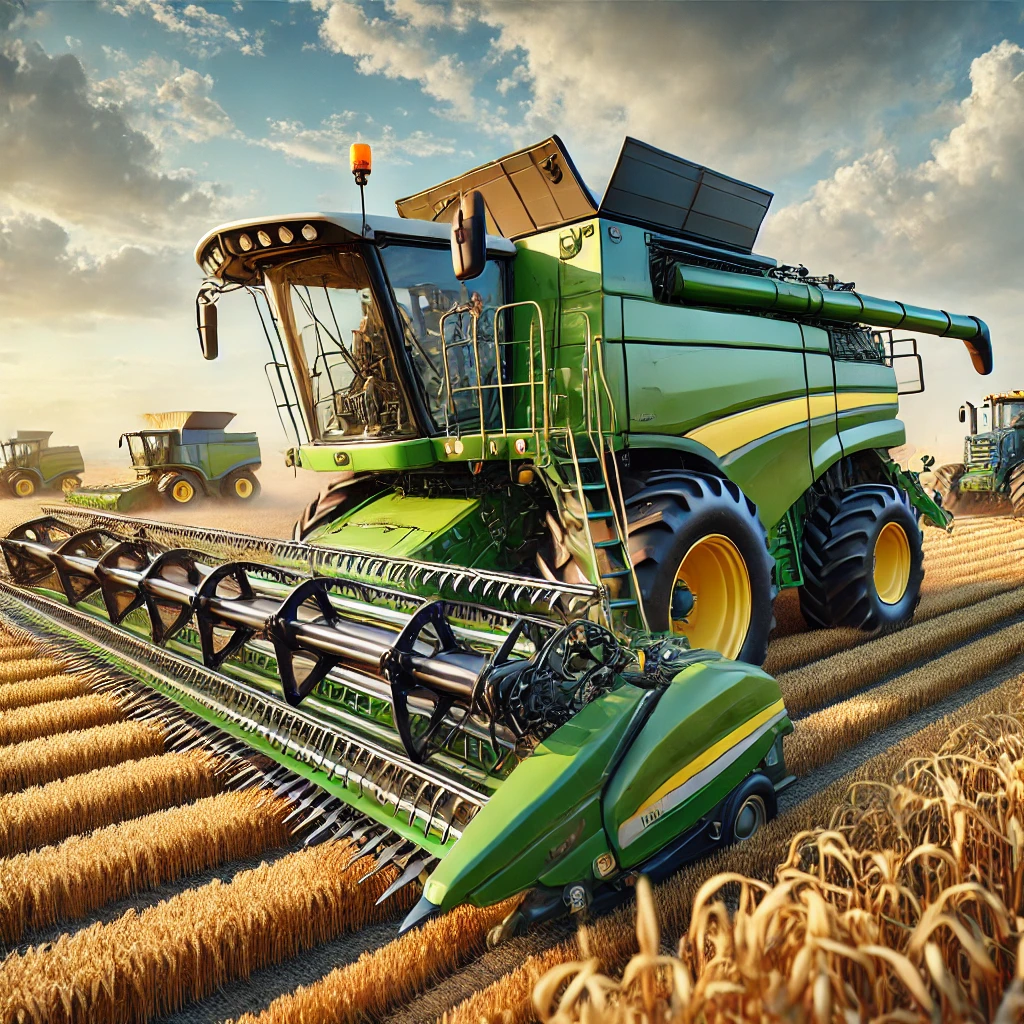Seeding machinery for specialty crops plays a crucial role in modern agriculture, offering precision and efficiency that traditional methods often lack. This article delves into the various types of seeding machinery available for specialty crops, their benefits, and considerations for choosing the right equipment for your farming needs.
Types of Seeding Machinery for Specialty Crops
Specialty crops, such as vegetables, herbs, and flowers, require specific seeding machinery to ensure optimal growth and yield. The following are some of the most commonly used types of seeding machinery for these crops:
Precision Seeders
Precision seeders are designed to place seeds at exact intervals and depths, ensuring uniform growth and reducing the need for thinning. These machines are particularly useful for high-value crops where seed cost and plant spacing are critical factors. Precision seeders come in various forms, including:
- Vacuum Seeders: These use a vacuum system to pick up and place individual seeds accurately. They are ideal for small seeds like lettuce and carrots.
- Mechanical Seeders: These use mechanical components to drop seeds at set intervals. They are suitable for larger seeds like beans and peas.
- Air Seeders: These use air pressure to distribute seeds evenly across the planting area. They are versatile and can handle a wide range of seed sizes.
Broadcast Seeders
Broadcast seeders scatter seeds over a wide area, making them suitable for crops that do not require precise spacing. These machines are often used for cover crops, grasses, and legumes. While they are less precise than precision seeders, they offer the advantage of covering large areas quickly.
Seed Drills
Seed drills are designed to plant seeds in rows at specific depths and intervals. They are commonly used for grains and legumes but can also be adapted for specialty crops. Seed drills offer a balance between precision and efficiency, making them a popular choice for many farmers.
Benefits of Using Seeding Machinery for Specialty Crops
Investing in seeding machinery for specialty crops offers several advantages that can significantly impact your farming operations. Here are some of the key benefits:
Increased Efficiency
Seeding machinery can cover large areas quickly and accurately, reducing the time and labor required for planting. This increased efficiency allows farmers to plant more crops in less time, leading to higher productivity and profitability.
Improved Seed Placement
Precision seeders and seed drills ensure that seeds are placed at the optimal depth and spacing, promoting uniform growth and reducing competition among plants. This results in healthier crops and higher yields.
Reduced Seed Waste
Accurate seed placement minimizes seed waste, which is particularly important for high-value specialty crops. By reducing the number of seeds needed for planting, farmers can lower their input costs and improve their overall profitability.
Enhanced Crop Management
Seeding machinery allows for better control over planting patterns and densities, making it easier to manage crops throughout the growing season. This can lead to more effective weed control, irrigation, and fertilization practices.
Considerations for Choosing Seeding Machinery
Selecting the right seeding machinery for your specialty crops involves several factors. Here are some key considerations to keep in mind:
Crop Type
The type of crop you are planting will significantly influence your choice of seeding machinery. Different crops have varying requirements for seed spacing, depth, and planting patterns. Ensure that the machinery you choose is compatible with the specific needs of your crops.
Field Conditions
Field conditions, such as soil type, moisture levels, and terrain, can impact the performance of seeding machinery. Choose equipment that is well-suited to your field conditions to ensure optimal results.
Budget
Seeding machinery can vary widely in cost, depending on the type and features. Consider your budget and the potential return on investment when selecting equipment. While more advanced machinery may offer greater precision and efficiency, it is essential to balance these benefits with your financial constraints.
Maintenance and Support
Regular maintenance is crucial for keeping seeding machinery in good working condition. Choose equipment from reputable manufacturers that offer reliable support and readily available spare parts. This will help minimize downtime and ensure the longevity of your machinery.
Conclusion
Seeding machinery for specialty crops is an essential tool for modern farmers, offering numerous benefits in terms of efficiency, precision, and crop management. By understanding the different types of seeding machinery available and considering factors such as crop type, field conditions, budget, and maintenance, farmers can make informed decisions that enhance their farming operations and improve their overall profitability.
Investing in the right seeding machinery can lead to healthier crops, higher yields, and more efficient use of resources, ultimately contributing to the success and sustainability of your farming business.
